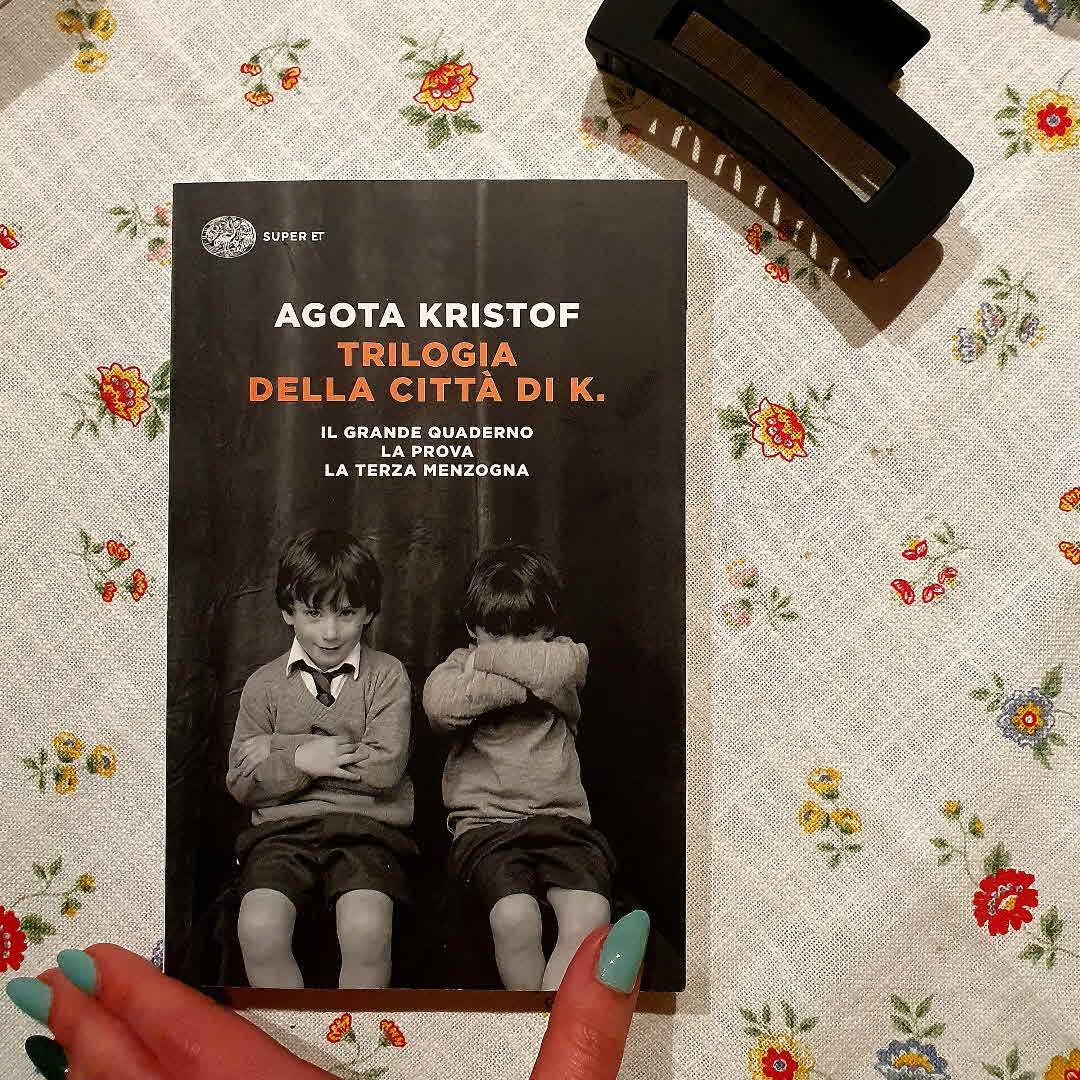
5-/5 ⭐️
Un romanzo struggente in cui non si capisce cosa sia realtà e cosa immaginazione
Una lettura che ti trasporta e ti lascia senza fiato

5-/5 ⭐️
Un romanzo struggente in cui non si capisce cosa sia realtà e cosa immaginazione
Una lettura che ti trasporta e ti lascia senza fiato
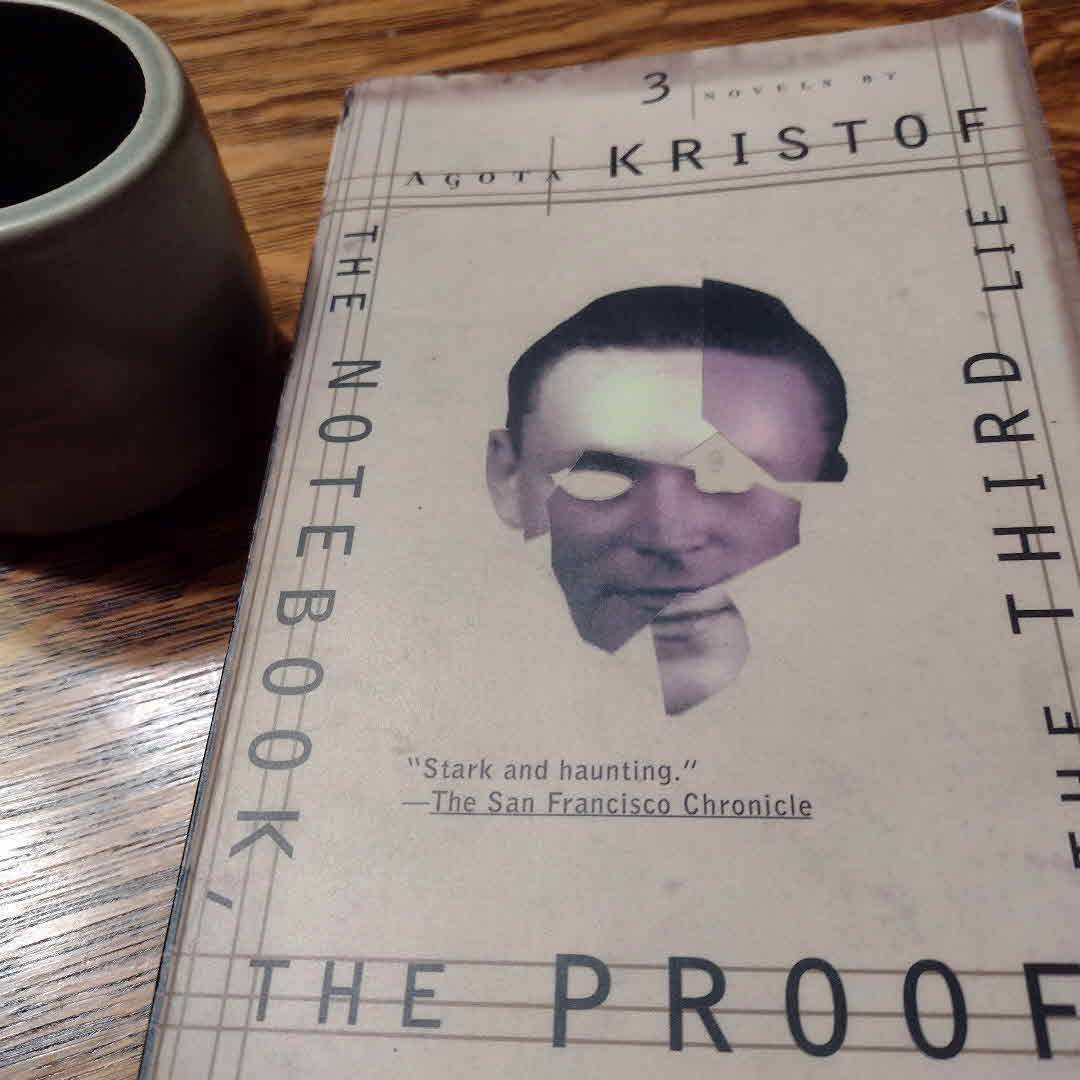
Brilliant, brutal & a total mind f#*k. 🤯
Twins go to live with grandmother during WWII in an unnamed town. Twins seperate. One stays in village, one escapes across the border. Is one twin the figment of the other's imagination? Which twin is the real twin? Who is telling the story? The truth is blurry but war, occupation & tyranny are always cruel & dehumanizing. Postmodern, intense & moving. I'd never tell anyone to read this.👇
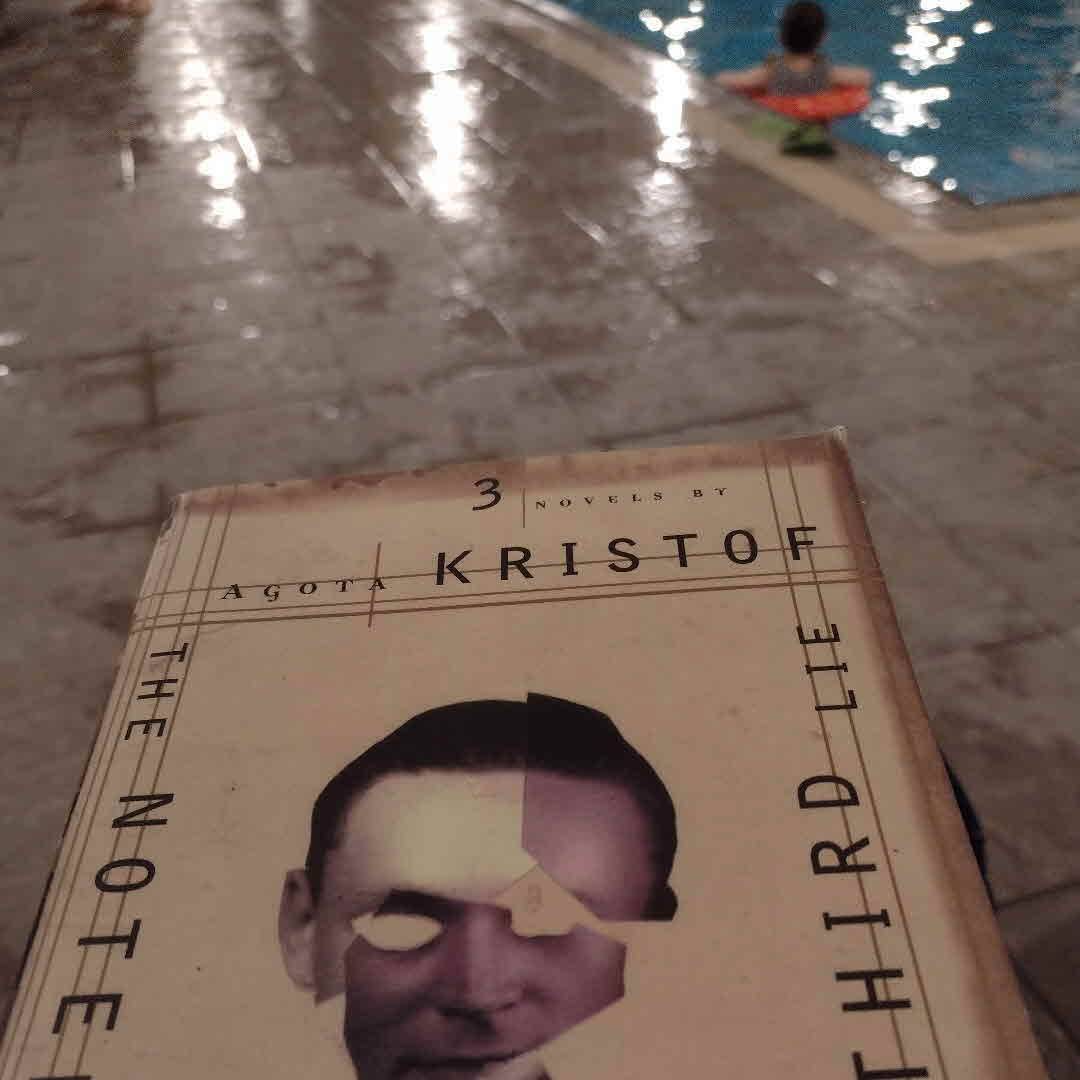
Reading this disturbing trilogy poolside. As you do. (Having a little March break staycation.) This is my second novel by a Hungarian woman writer this year. And they are not for the faint of heart. 😳
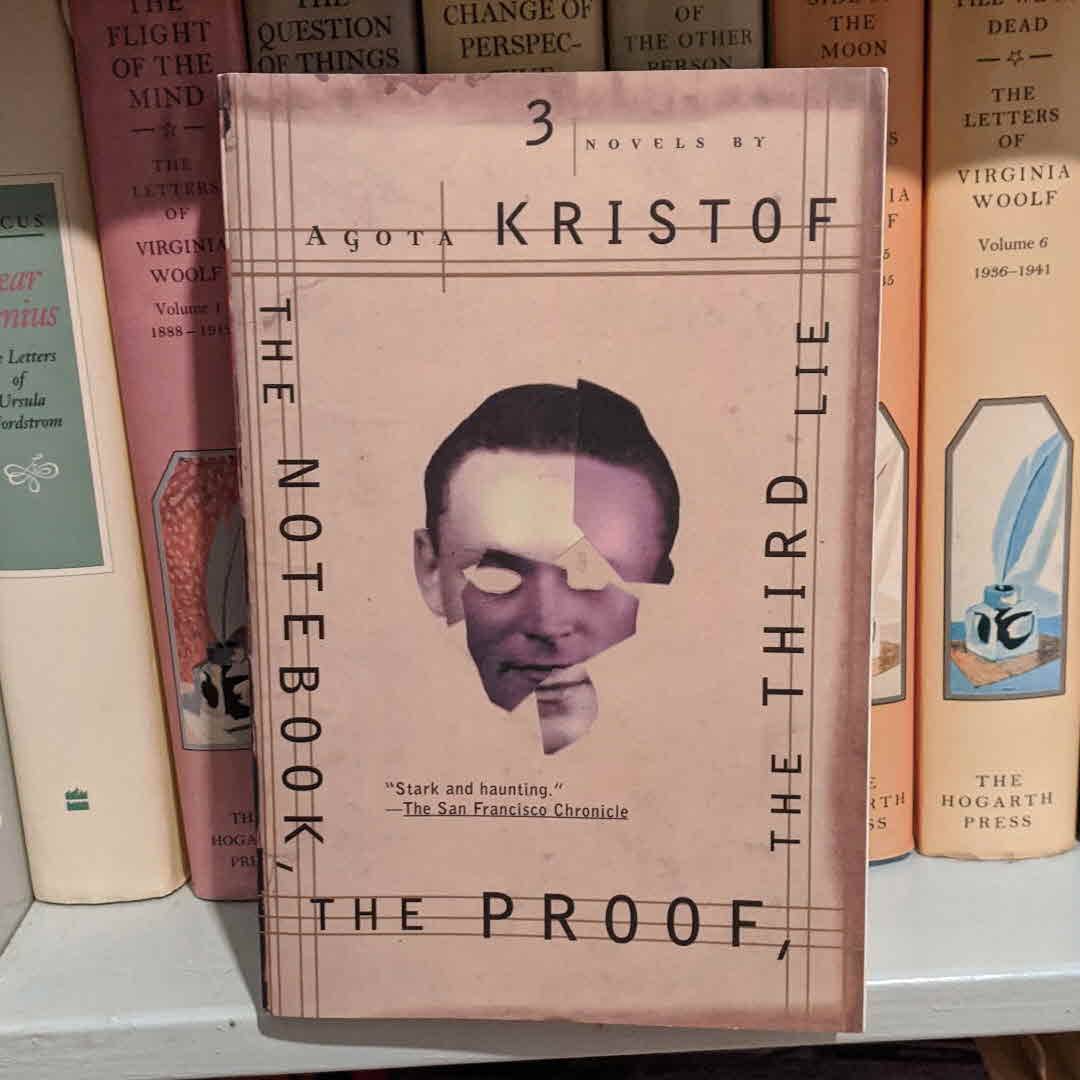
Part 1 of My #boredJanuary bookhaul has arrived. 🎉 I first heard about this trilogy (considered a postmodern classic) by Hungarian writer Agota Kristof in an essay by Jhumpa Lahiri.
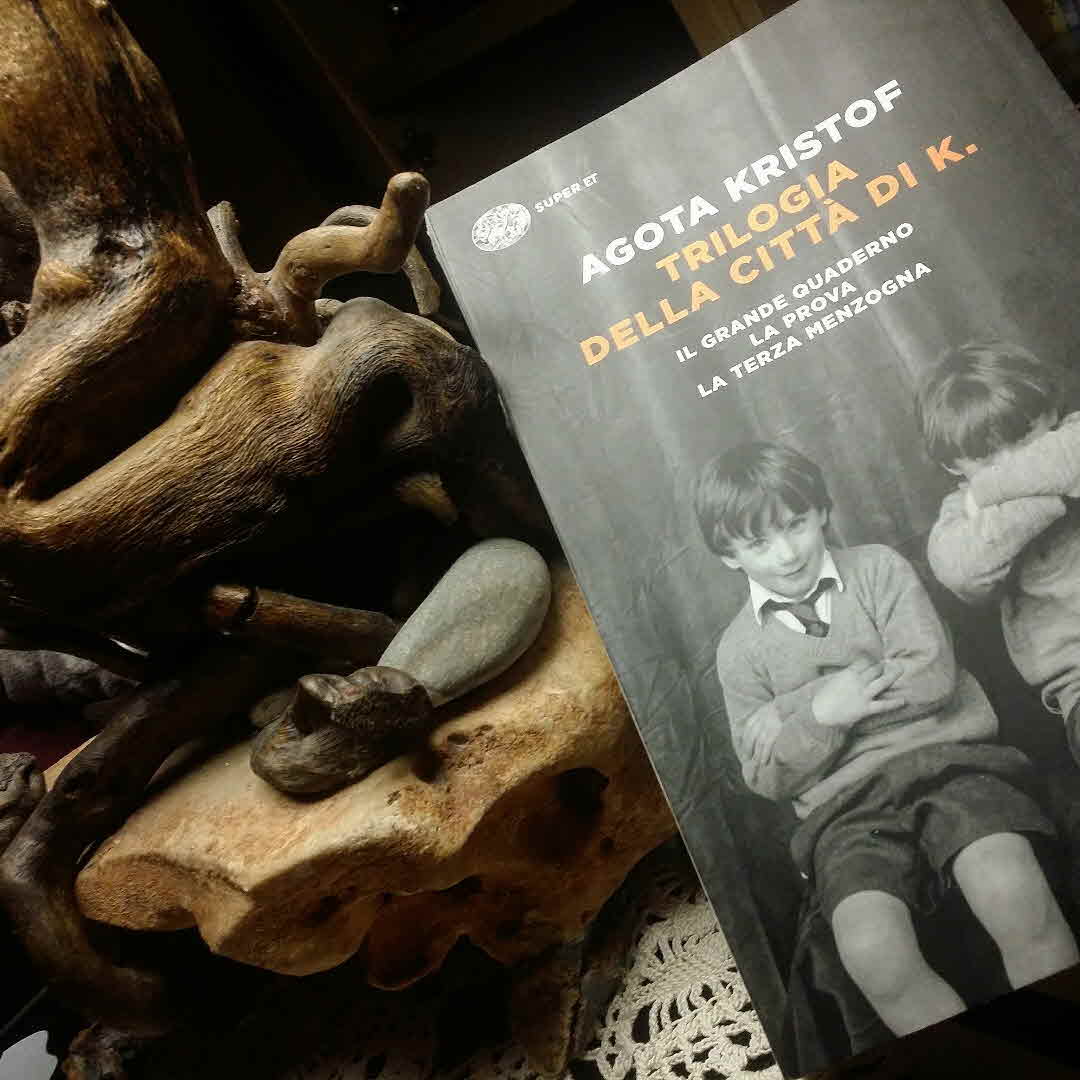
A black fairytale, a childhood adrift among the ruins of war and of a family tragedy.
Brutal, deceiving, bewitching.
.
La favola nera di un'infanzia alla deriva fra le macerie della guerra e di una tragedia familiare.
Crudo, ingannevole e ammaliante.
#agotakristof #trilogiadellacittadik #legrandcahier #lapreuve #letroisiememensonge
Sono convinto, Lucas, che ogni essere umano è nato per scrivere un libro, e per nient'altro. Un libro geniale o un libro mediocre, non importa, ma colui che non scriverà niente è un essere perduto, non ha fatto altro che passare sulla terra senza lasciare traccia.
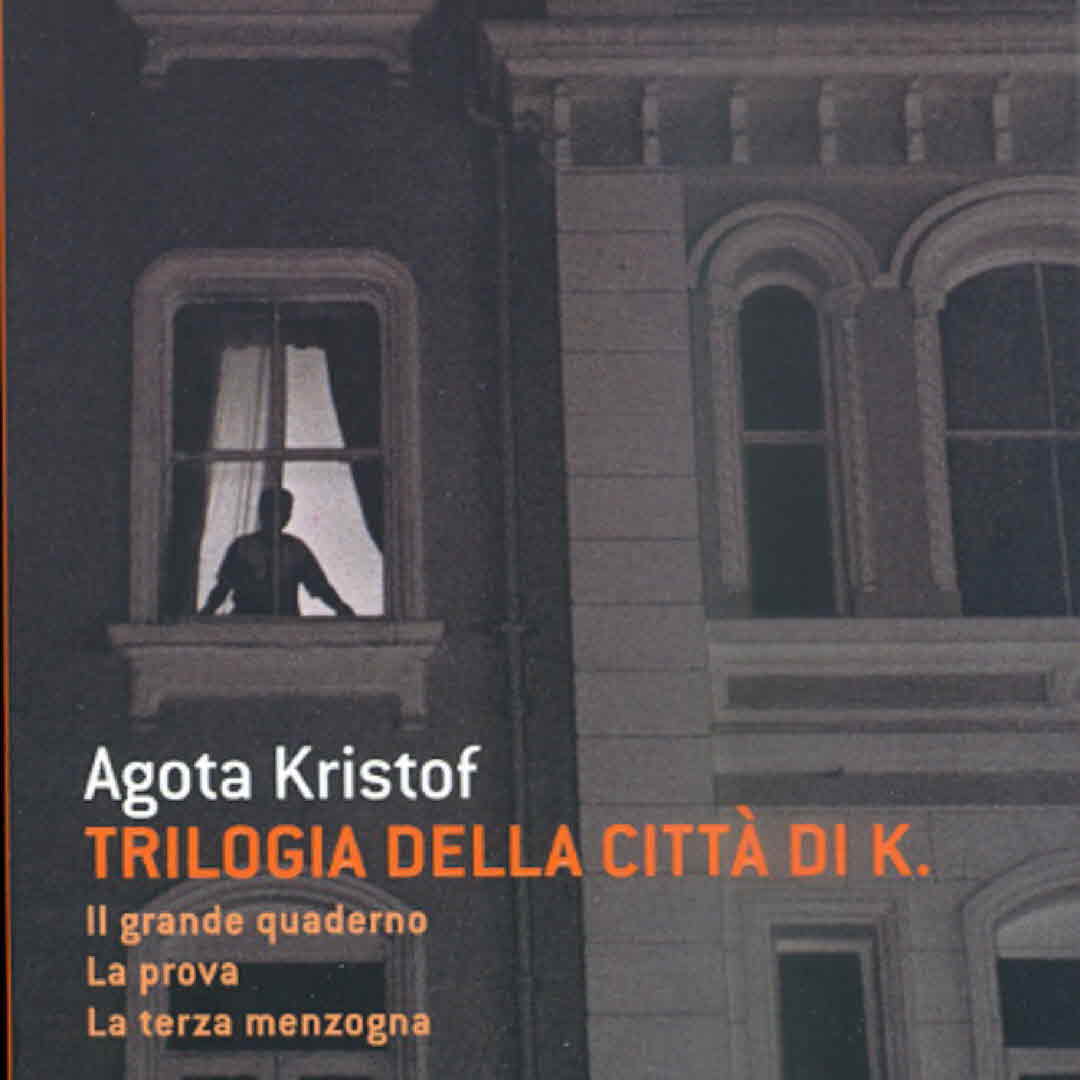
Un libro che ti mette alla prova, tutto può essere una menzogna, tutti possono mentire; la storia coinvolgente e disperata di due gemelli che durante la seconda guerra mondiale cercano di sopravvivere come possono...l'autore in questo libro gioca con il lettore come con un burattino facendogli credere una realtà del tutto falsa...
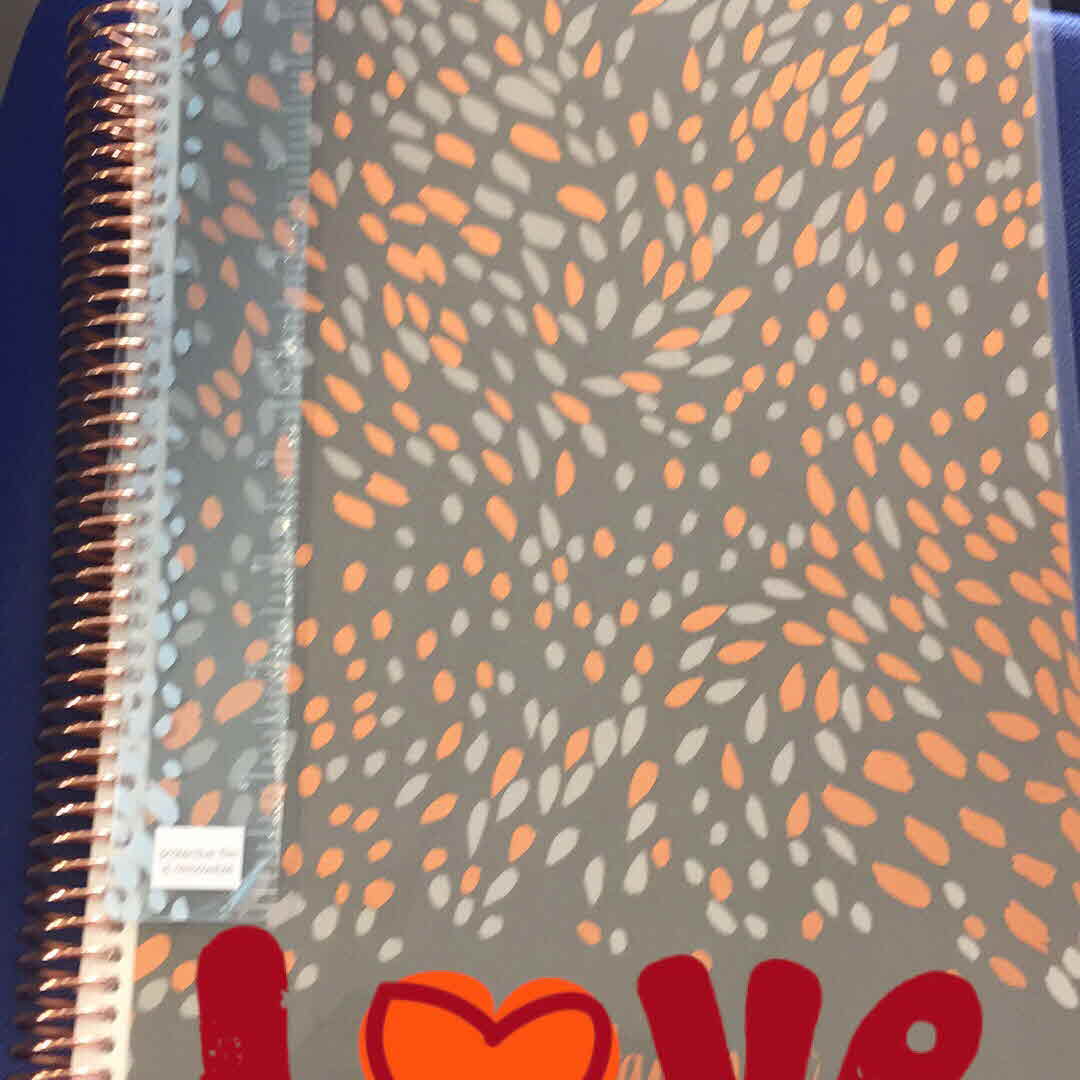
Love my new planner! So pretty! #newplannerday is one of my favourite days of the year!
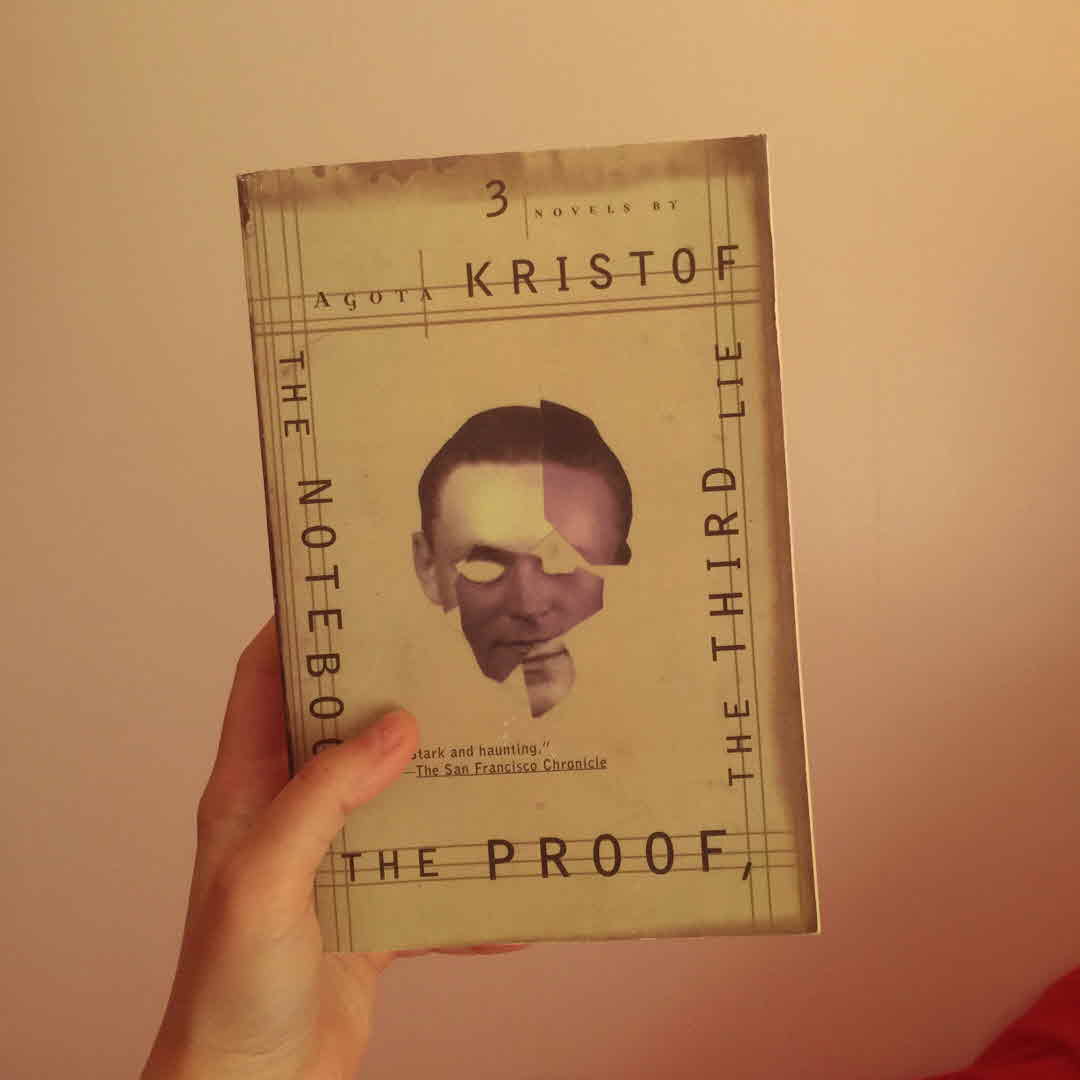
The best fiction I've read in 2017 so far has to be "The Notebook" by Agota Kristof. It's actually a part of a trilogy, but it's the first book that blew me away! Not for the faint hearted. #TGIFGIVEAWAY
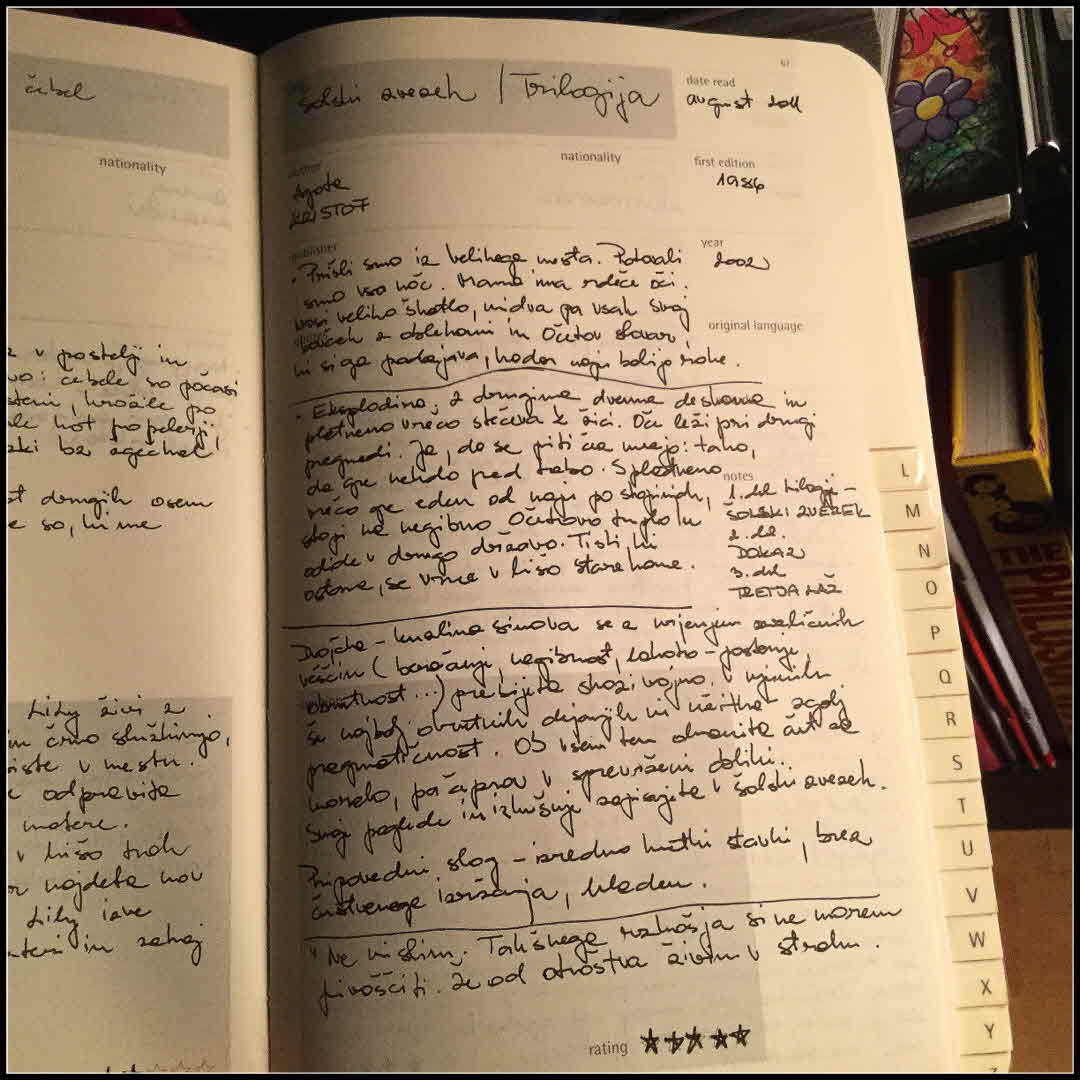
I'm looking for a quote in my old notebooks. The book in the tag I've read in 2011 and I gave it five stars ... not so long ago in the past and I obviously liked the book. But the problem is, that I don't even remember that I read it.🤔🙄🤔😬
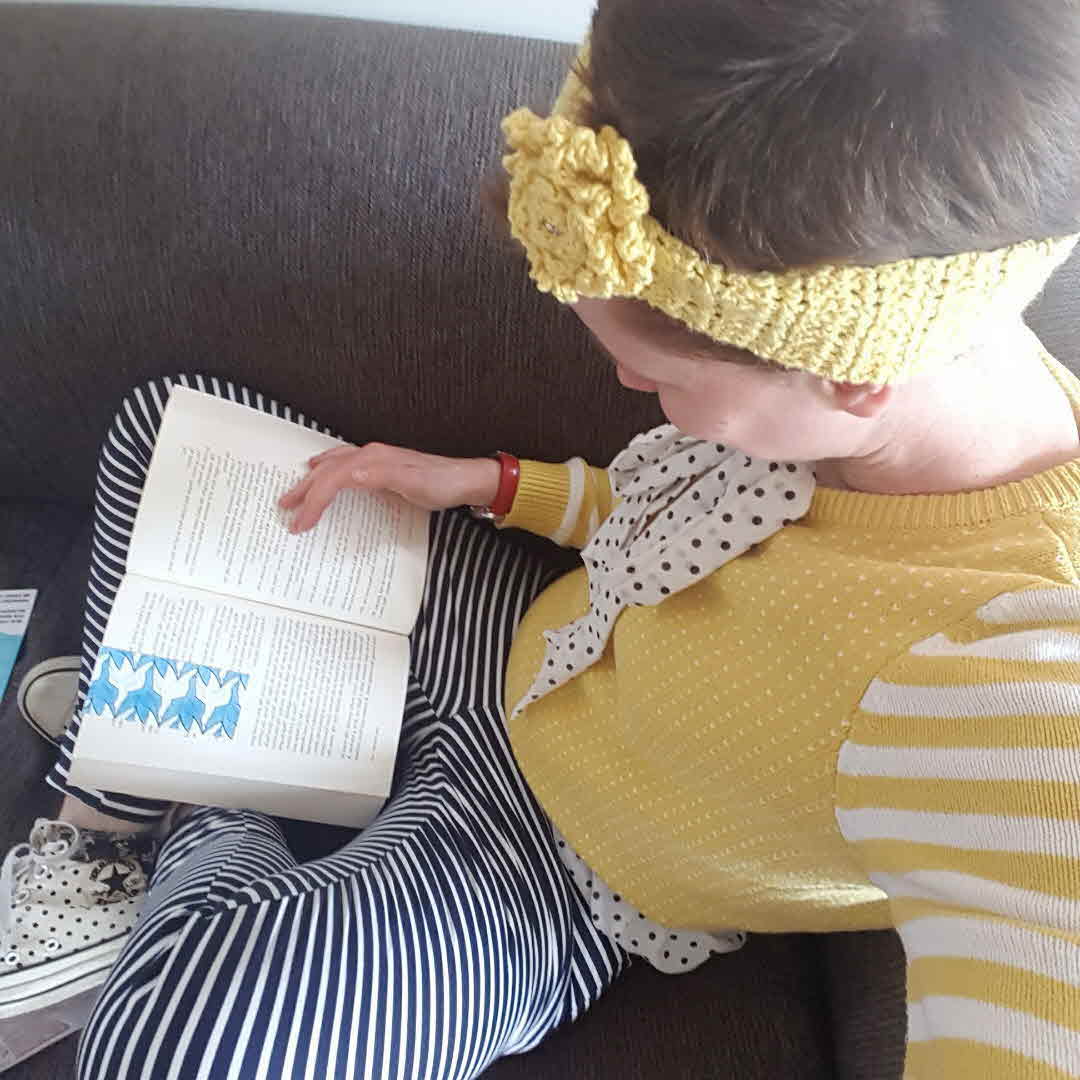
This was disturbing in a compelling way. I liked the first novel/part the best but the book turns in on itself in a structurally superb way so it is best as a whole. It contains child abuse and rape. It's characters operate by a rigid and brutal moral code. Not something to read if you are feeling vulnerable.
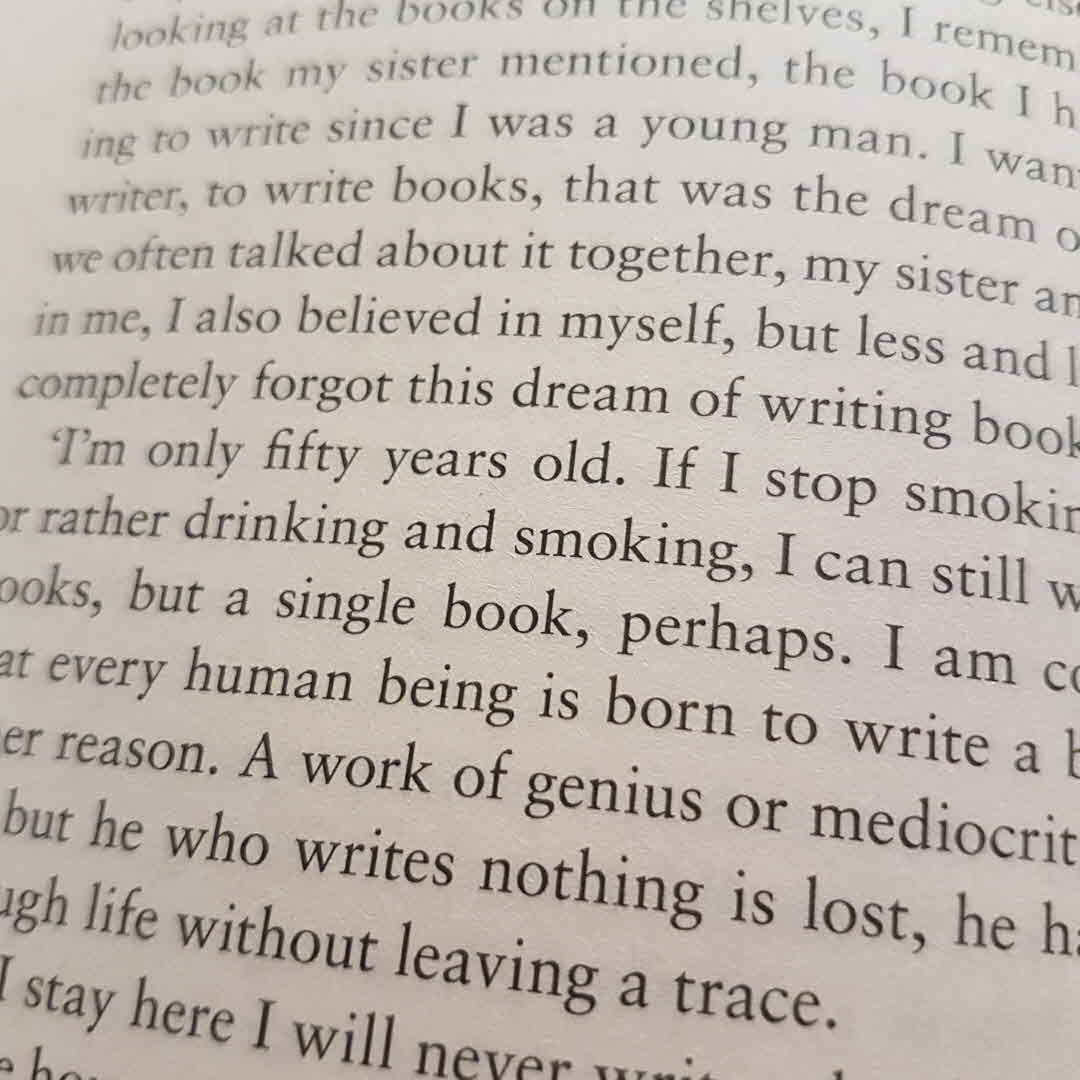
"he who writes nothing is lost"
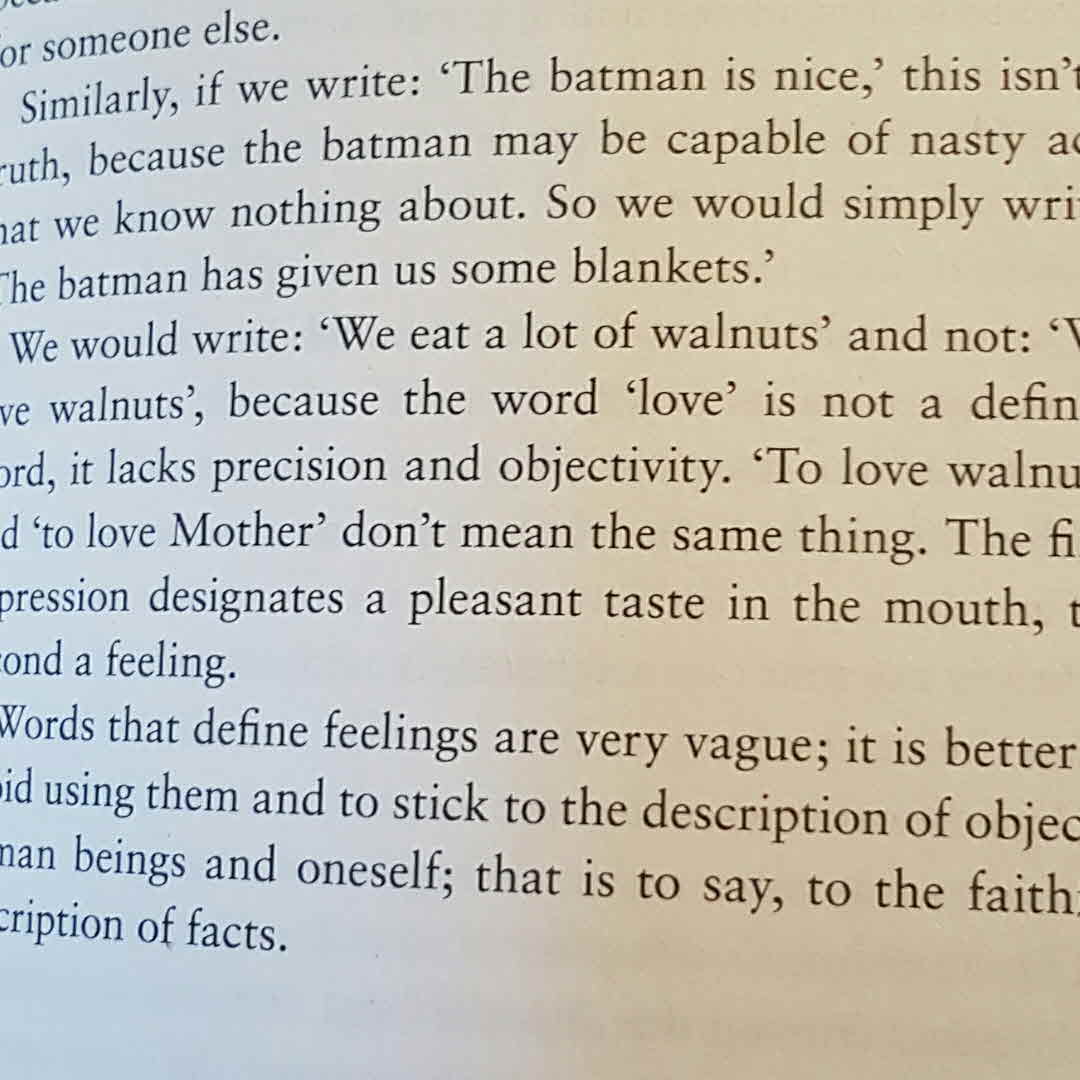
"The word love is not a definite word." - Agota Kristof, The Notebook Trilogy
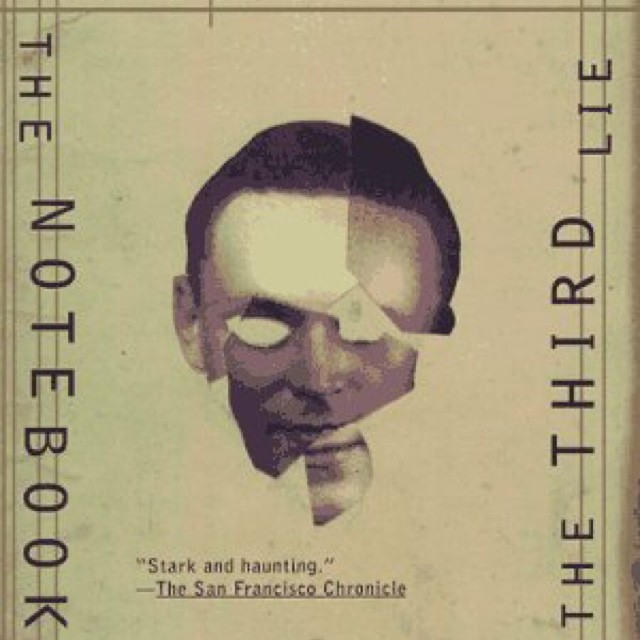
For lovers of intellectual allegories set somewhere in Eastern Europe. Riveting fiction.